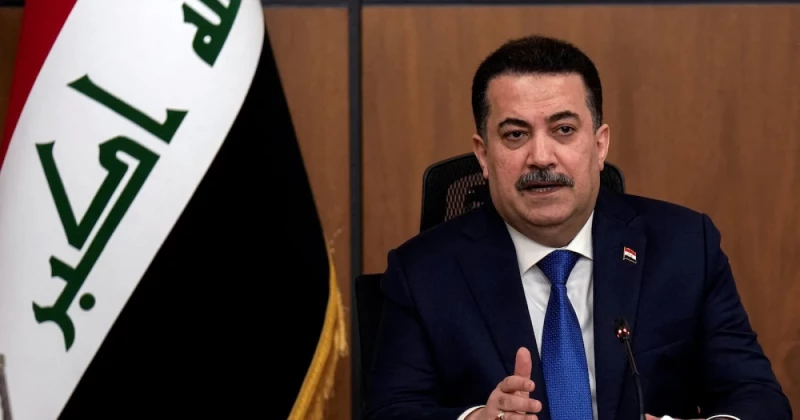The United Arab Emirates (UAE) announced on Sunday the results of its localization strategy in the private jobs sector, marking a significant milestone in the country's history.
“For the first time, the number of Emirati citizens employed in the private sector has surpassed 100,000, with 70,000 citizens joining in the last two and a half years,” stated Ruler of Dubai, Mohammed bin Rashid Al Maktoum, in a post on X platform.
This reflects the success of the government's Emiratization strategy, which includes the launch of the NAFIS program with generous support and the enactment of supportive legislation to encourage citizens to work in the private sector.
“In response to this trend, the Cabinet has adopted a new policy giving priority in government sector employment to individuals with at least three years of experience in the private sector,” Mohammed bin Rashid Al Maktoum continued.
This move underscores the harmonious collaboration between the private and public sectors in the UAE, where both citizen and non-citizen workers benefit from the numerous opportunities provided by the national economy.
Meanwhile, in Iraq, the Ministry of Planning in statistics from 2022 shows the population and employment rates in both the public and private sectors.
According to spokesperson of the Ministry of Planning Abdul Zahra al-Hindawi, “the population of Iraq surpassed 41 million by the end of 2021, with an expected increase to 42 million in 2022.”
The data indicates that 62 percent of workers are employed in the private sector, compared to 38% in the public sector. Additionally, “nine percent of the youth workforce hold jobs below their skill level, while 37 percent are either unemployed, uneducated, or undertrained,” added Hindawi.
Despite the challenges posed by years of armed conflicts, Iraq is experiencing a new era of entrepreneurship, as highlighted by a report from European-based news outlet Equal Times in October 2023.
“The private sector in Iraq has faced significant challenges since the fall of Saddam Hussein in 2003, compounded by civil wars and the fight against ISIS,” the report stated.
The Iraqi government has increasingly recognized the need for reform in the private sector system. In 2014, it published a strategy for developing the private sector until 2030, which not only describes the current situation of the private sector but also serves as a roadmap for implementing various policies.
The government aims to ensure that the private sector represents at least 60 percent of the Gross Domestic Product (GDP) between 2023 and 2030 and absorbs four percent of unemployment.



 Facebook
Facebook
 LinkedIn
LinkedIn
 Telegram
Telegram
 X
X


